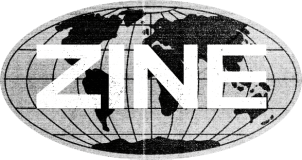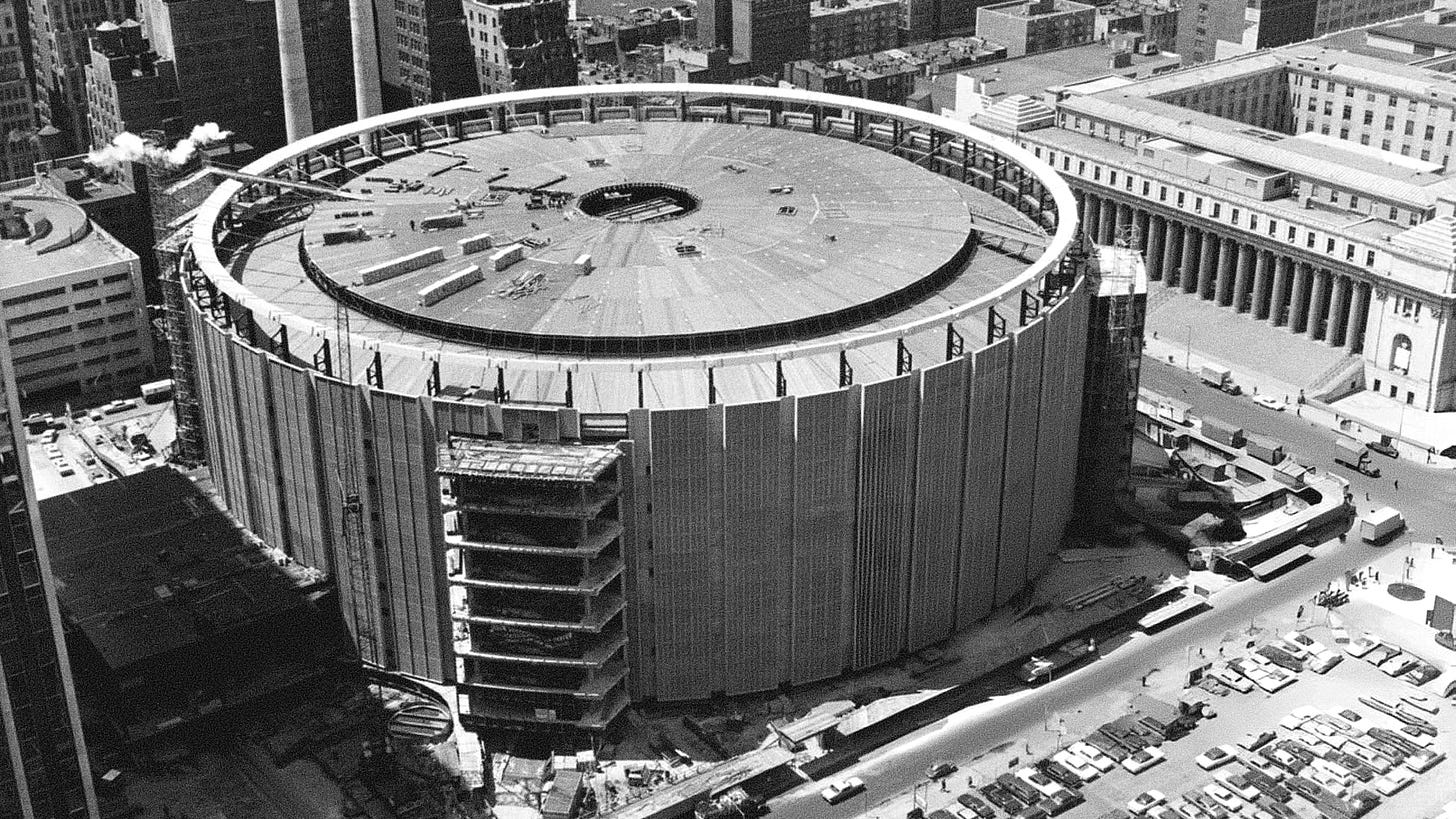5 Years of ZINE & Writing for Madison Square Garden
130 pieces, 1 stadium full of readers and counter-intuitive lessons on growth
In the five years writing ZINE, I haven’t published a reflection on the endeavor. So, here’s a check in.
Firstly, ZINE was never meant to be what it is today.
It was — and remains — a personal blog. The proof is that I would have never named it ZINE had I known it would have grown this large.
ZINE was never intended to become a brand or “publication”... bu…


